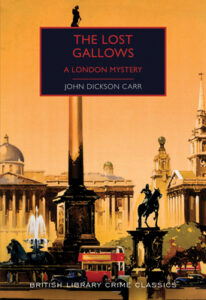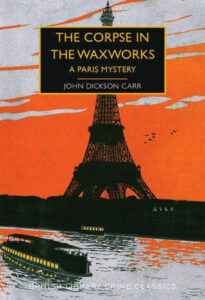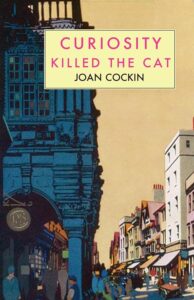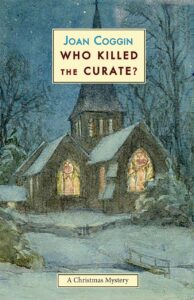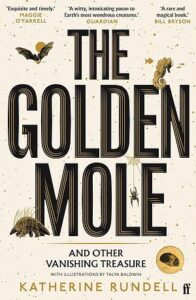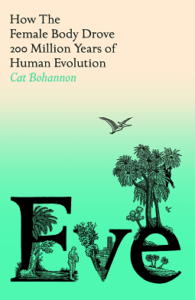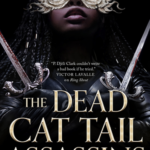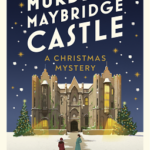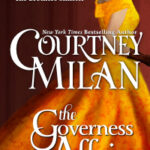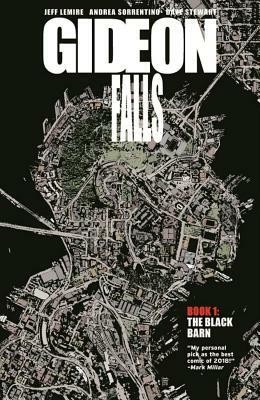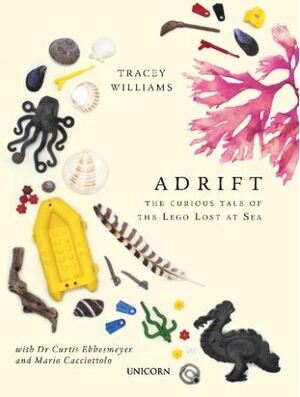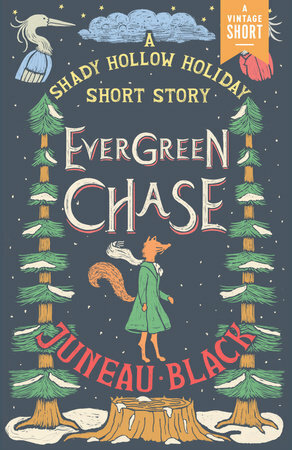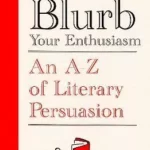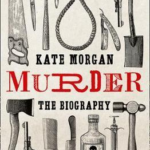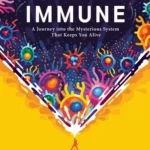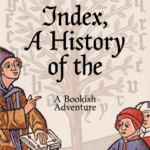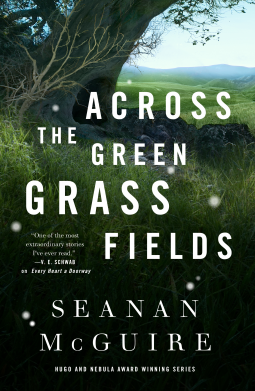
Dragon's Blood & Willow Bark: The Mysteries of Medieval Medicine
by Toni Mount
Genres: History, Non-fiction, SciencePages: 303
Rating:

Synopsis:Calling to mind a time when butchers and executioners knew more about anatomy than university-trained physicians, the phrase ‘Medieval Medicine’ conjures up horrors for us with our modern ideas on hygiene, instant pain relief and effective treatments. Although no one could allay the dread of plague, the medical profession provided cosmetic procedures, women’s sanitary products, dietary advice and horoscopes predicting the sex of unborn babies or the best day to begin a journey.
Surgeons performed life-saving procedures, sometimes using anaesthetics, with post-operative antibiotic and antiseptic treatments to reduce the chances of infection. They knew a few tricks to lessen the scarring, too. Yet alongside such expertise, some still believed that unicorns, dragons and elephants supplied vital medical ingredients and the caladrius bird could diagnose recovery or death. This is the weird, wonderful and occasionally beneficial world of medieval medicine.
In her new book, popular historian Toni Mount guides the reader through this labyrinth of strange ideas and such unlikely remedies as leeches, meadowsweet, roasted cat and red bed curtains – some of which modern medicine is now coming to value – but without the nasty smells or any threat to personal wellbeing and safety.
This book by Toni Mount ends up being kind of a survey of what medieval medicine was like, discussing the principles underlying it, and the problems facing it; the kind of diseases, the kind of tools available, and the people who practised it. As such, it’s a bit broad-ranging, especially since “the medieval period” isn’t really one single monolithic block of time.
It works as a kind of survey, touching on what was believed about medicine, and discussing the things that actually worked. It doesn’t really go into the depth I’d like about that kind of thing, and ends up with a rushed kind of “and another thing” and “oh by the way” tone.
Still, an interesting enough read for what it is.
Rating: 3/5




